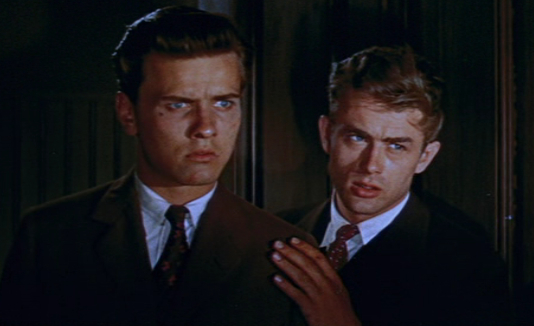
"Now, there are many millions in their sects and churches who feel the order "Do thou" (rule over sin) and throw their weight into obedience. And there are millions more who feel predestination in "Thou Shalt". Nothing they may do can interfere with what will be. But "thou mayest"! Why that makes a man great, that gives him stature with the gods, for his weakness and his filth and his murder of his brother he still has great choice. He can choose his course and fight through it and win"
Towards the end of the story, Lee again makes an observation of the human condition - he compares it to a fine porcelain cup (one that Lee often drinks his liquor from)
"Does a craftsman, even in his old age, lose his hunger to make a perfect cup - think, strong, translucent? He held his cup to the light, "All impurities burned out and ready for glorious flux, and for that - more fire. And then either the slag heap or, perhaps what no one in the world ever quite gives up, perfection" He drained his cup and he said loudly, "Cal, listen to me, Can you think that whatever made us - would stop trying?".
The characters are sometimes conscious of their imperfections and sometimes unconscious of them, some are happy with them, and others try desperately to fight them, this is the story of the human condition. If you want a story about redemption and soul making then this is the next book that you should read!
No comments:
Post a Comment